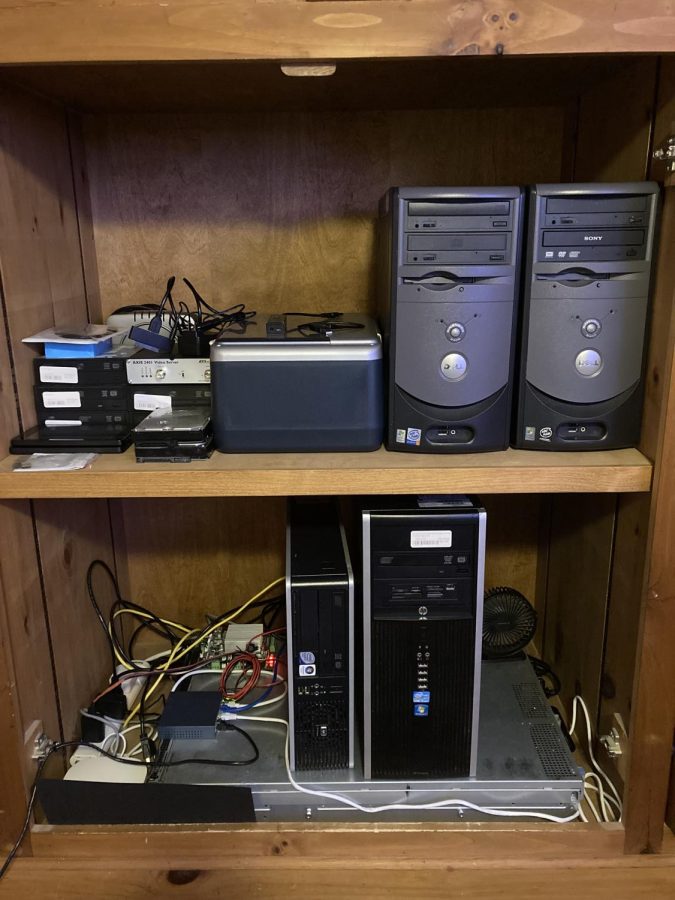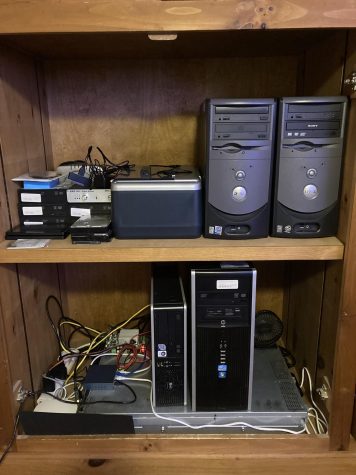Minimizing Carbon Emissions
In 2019, The USA peaked in terms of carbon emissions at 1.67 billion tons, which doubles what Russia had at the time. As a result, the world as a whole has gotten a lot hotter, and the air pollution and smog has caused more respiratory disease. Carbon emissions have been a huge topic when it comes to sustainability of our planet. One key spot that was targeted was the automotive industry. An article by Hanna Ritchie and Max Roser states that 41% of carbon emissions in our atmosphere are as a result of the ICE (internal combustion engine). Eliminating that 41% would have a huge impact on our environment.
The biggest push has been for manufacturers moving towards a more electric future, under the means that not as many carbon emissions would be burned. Unfortunately, electrification is not the answer. While electric vehicles don’t release any carbon emissions, the production of the battery uses rare minerals that we will soon run out of, according to ypte.org. Instead, potential solutions could include using hydrogen or biofuels instead of gasoline.
The biggest argument against moving away from gasoline would be the fact that the majority of manufacturers are doing so by switching to electric power, which uses rare minerals. Arguments for this include the fact that the production of electric batteries uses rare minerals such as cobalt. Electrification is not the only alternative. There is also the possibility for biofuels, along with hydrogen as a fuel source.
Studies from energy.gov show that hydrogen is a realistic fuel source in the future. In short, with a little modification to a standard ICE, hydrogen can be used as a fuel source for it instead of gasoline. This is technically not carbon neutral, as these engines release a tiny bit of nitrous oxide. As well as that, studies from terrapass.com show that carbon neutral fuels are very much a real possibility in the near future, with 2 different types of ways to produce them.
Initially, the mass production of these fuel alternatives will be pricey, however the streamlining of the process along with the advancements in the technology will lower the price with time. We do need to change how we get around in our day to day lives. Whether that be carbon neutral fuels, or hydrogen, something can and needs to be done soon.
Photo of the hydrogen powered Toyota GR Yaris that raced in The Belgium
round of the WRC in 2022. Photo credit: Toyota Gazoo Racing
Sources:
https://ourworldindata.org/emissions-by-fuel
Hanna Ritchie and Max Moser
https://ypte.org.uk/factsheets/electric-cars/what-are-the-downsides-to-electric-cars
Problems with the production of electric cars
Hydrogen ICE
Biofuels
Your donation will support the student journalists of Point of Discovery School. Your contribution will allow us to purchase equipment and cover our annual website hosting costs.

Kegan Brown is a Junior at Point of Discovery School. He has been going to PoDS since the 6th grade, and plans to graduate from there too. Kegan has always...




















